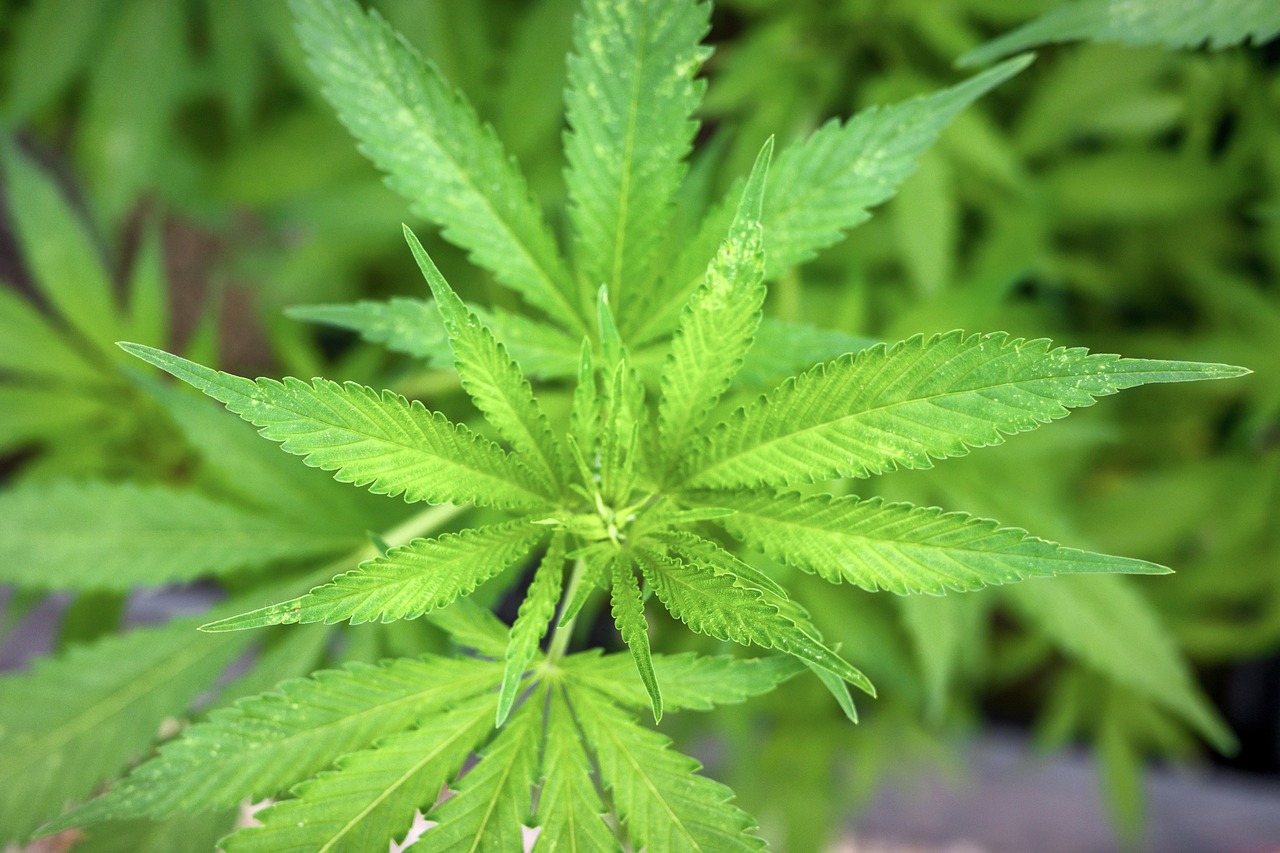In the ever-evolving landscape of cannabis, understanding the nuances between different compounds is key to making informed choices. Two such compounds that often come up in discussions are THCA and THC. While they may sound similar, they have distinct properties and effects. This article explores the differences between Raw THCa flower for wellness, providing insights into their unique characteristics and uses.
Understanding THCA and THC
THCA, or tetrahydrocannabinolic acid, is a non-psychoactive cannabinoid found in raw and live cannabis. It is the precursor to THC, the compound responsible for the psychoactive effects commonly associated with cannabis use. THCA is abundant in fresh cannabis plants and begins to convert into THC when exposed to heat through a process called decarboxylation.
THC, or delta-9-tetrahydrocannabinol, is the most well-known cannabinoid due to its psychoactive properties. It is the compound that produces the “high” sensation when cannabis is consumed. THC is formed when THCA undergoes decarboxylation, which can occur through smoking, vaping, or cooking cannabis.
THCA Flower: Characteristics and Benefits
THCA flower refers to cannabis in its raw form, where THCA is the predominant cannabinoid. This form of cannabis is gaining popularity for its potential health benefits without the psychoactive effects of THC. Some of the characteristics and benefits of THCA flower include:
- Non-Psychoactive: THCA does not produce the high associated with THC, making it suitable for those seeking therapeutic benefits without psychoactive effects.
- Potential Health Benefits: Research suggests that THCA may have anti-inflammatory, neuroprotective, and anti-emetic properties. It is being studied for its potential in managing conditions like arthritis, neurodegenerative diseases, and nausea.
- Raw Consumption: THCA flower can be consumed in its raw form, often through juicing or adding to smoothies, allowing users to benefit from its properties without heating.
THC: Characteristics and Effects
THC is the compound most people associate with cannabis due to its psychoactive effects. It is responsible for the euphoric sensation or “high” that users experience. Some key characteristics and effects of THC include:
- Psychoactive Effects: THC interacts with the brain’s cannabinoid receptors, leading to altered perception, mood changes, and increased appetite.
- Therapeutic Uses: THC is used in medical settings to help manage pain, stimulate appetite in patients with conditions like cancer or HIV/AIDS, and reduce muscle spasms in multiple sclerosis.
- Varied Consumption Methods: THC can be consumed through smoking, vaping, edibles, and tinctures, offering flexibility in how users experience its effects.
Comparing THCA and THC
While both THCA and THC originate from the same plant, their differences are significant. Here’s a comparison to highlight these distinctions:
- Conversion Process: THCA converts to THC through decarboxylation, which requires heat. This process is what transforms the non-psychoactive compound into one that affects the mind.
- Effects on the Body: THCA is non-psychoactive and is being researched for its potential health benefits. THC, on the other hand, is psychoactive and is known for its mind-altering effects.
- Legal Status: The legality of THCA and THC varies by region. In some areas, THCA is legal due to its non-psychoactive nature, while THC may be restricted or regulated.
Case Studies and Research
Several studies have explored the potential benefits of THCA and THC. For instance, a study published in the British Journal of Pharmacology highlighted THCA’s anti-inflammatory properties, suggesting its potential in treating inflammatory conditions. Another study in the Journal of Neuroimmune Pharmacology examined THC’s role in pain management, demonstrating its effectiveness in reducing chronic pain symptoms.
These studies underscore the importance of continued research into both compounds to fully understand their therapeutic potential and applications.
Choosing Between THCA and THC
The choice between THCA and THC depends on individual needs and preferences. Those seeking therapeutic benefits without psychoactive effects may lean towards THCA flower. In contrast, individuals looking for the traditional cannabis experience might prefer THC.
It’s important for consumers to consider factors such as desired effects, legal regulations, and personal health conditions when making a choice. Consulting with healthcare professionals can also provide guidance tailored to individual circumstances.
Conclusion
THCA and THC, while related, offer distinct experiences and benefits. THCA provides potential health advantages without psychoactive effects, making it appealing for therapeutic use. THC, known for its psychoactive properties, continues to be popular for both recreational and medical purposes. Understanding these differences empowers consumers to make informed decisions that align with their needs and preferences.
